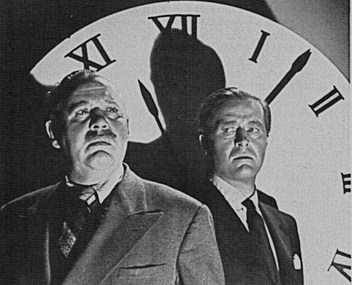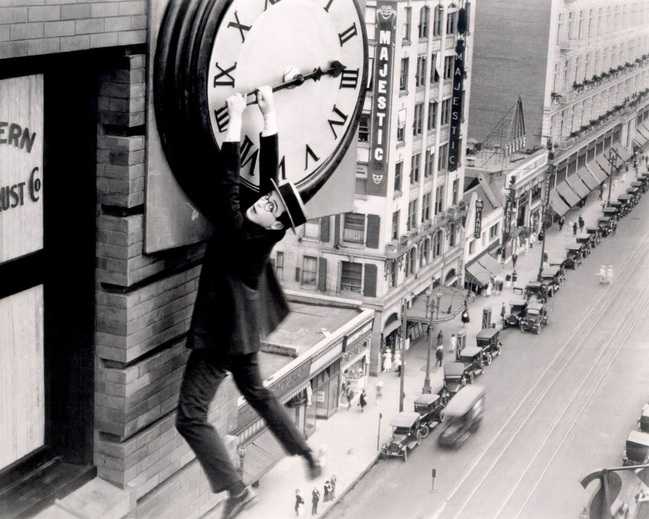 This is our first guest blog by James Bartlett, Euroscript's Man in LA. James reads scripts for numerous US-based managers, studios, funders, competitions and companies, and has his finger on the pulse of the art and craft of screenplays, Stateside. Whether they admit it or not, every single person who is given a script to read or develop does the same thing first: they flick to the back page to see how long it is. There are two main reasons for this. 1) It gives you an idea how long it might take to read. 2) If you’re a producer or funder, it gives you a rough idea how expensive it’s likely to be, how many screenings you could schedule per day - and how many tickets you can sell. The rule of thumb is that one page of script equals one page of screen time, so seeing 133 pages as opposed to 104 is a big difference. Or 81 as opposed to 109. Unless you’re given a guideline, there is theoretically no limit to how long a script can be; but even with a number of notable, successful films being 2½ - 3 hours long, the enormous majority fall into a much shorter length. And the US/UK markets differ on what they tend to expect. This is important to remember, because while most UK/European scripts tend to be around 85-100 pages in length (budget always being an issue), US scripts are usually 100-110 pages long. Yes, that doesn’t seem much, and yes, it’s not a hard and fast rule (animation and horror are often shorter), but if a US studio executive sees an 87-page script he or she may well think “where’s the rest of it?” or figure that it must be missing an element for the storyline to be so short. The opposite applies too, and scripts that go north of 120, 130 and 140 pages in length are immediately seen as potentially problematic: can the writer not tell the story in a shorter time? More practically, it usually means that there’s still fat on the bone – things that can be cut or truncated – and more rewriting is required. In a word, an overly short or long script offers the immediate chance for the funder, actor, producer etc to put a hurdle in the way – to impede the progress of your project. So before you submit a script that’s 78 or 160 pages (even if the guidelines say that is acceptable), think about these factors; the reader certainly will, before they’ve even read page one of the dialogue.
1 Comment
|
BLOGTHE ONLY PLACE TO TALK ABOUT THE CRAFT OF SCRIPTWRITING.
|
Privacy Policy © Euroscript Limited 2020


 RSS Feed
RSS Feed


